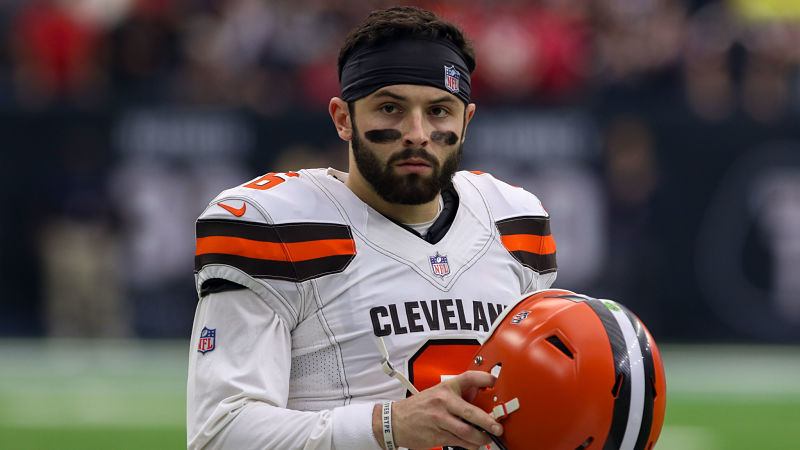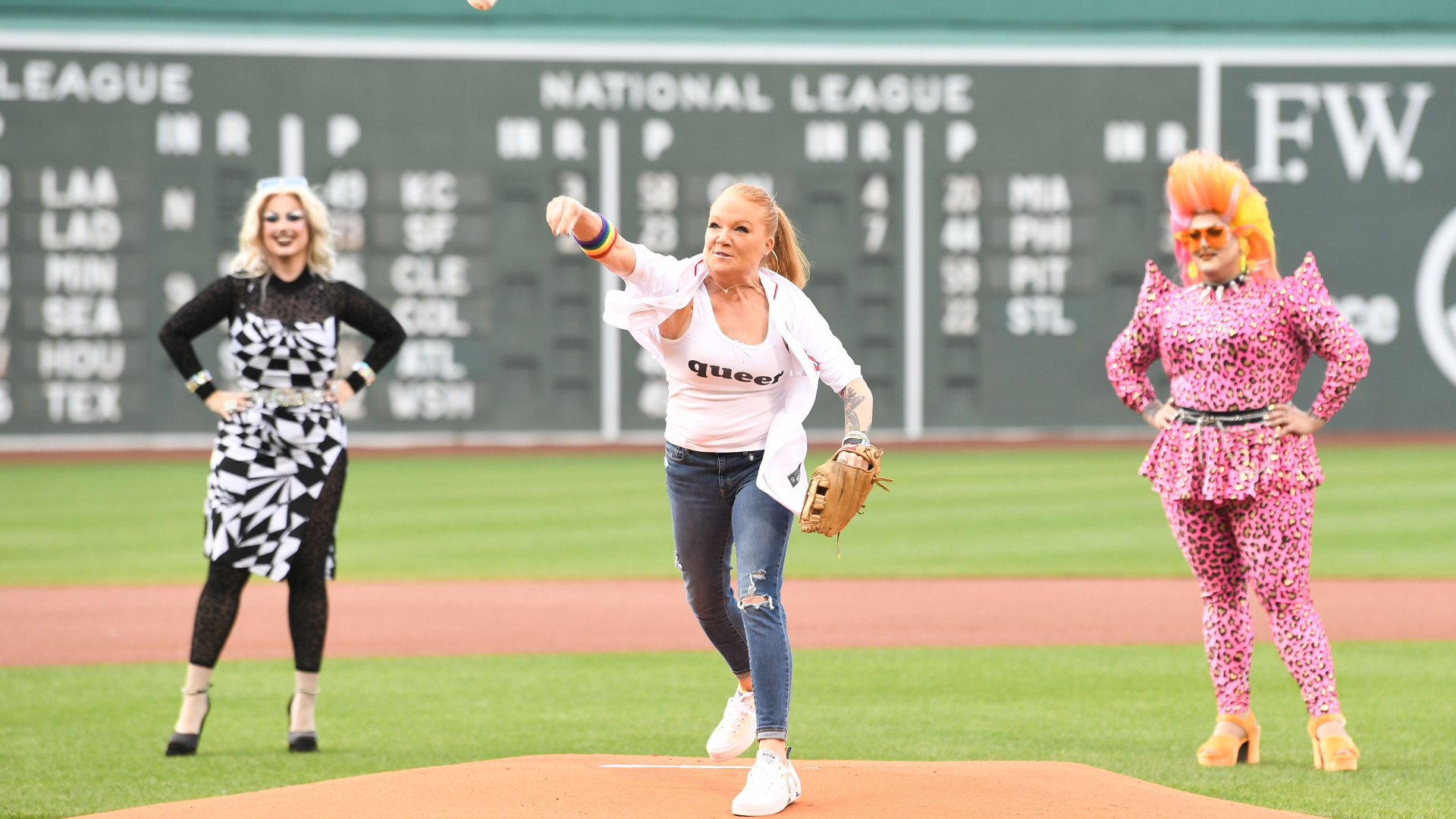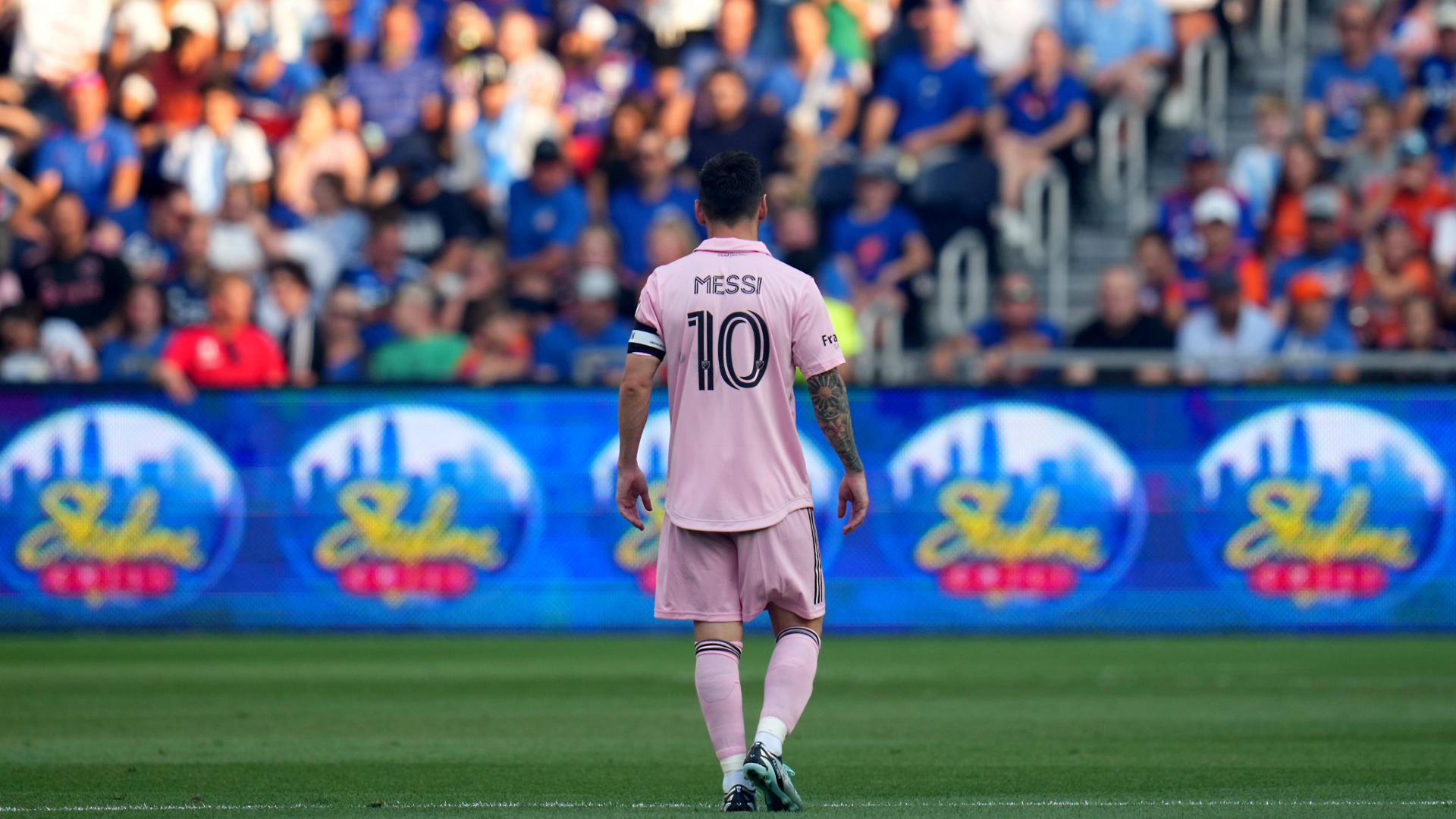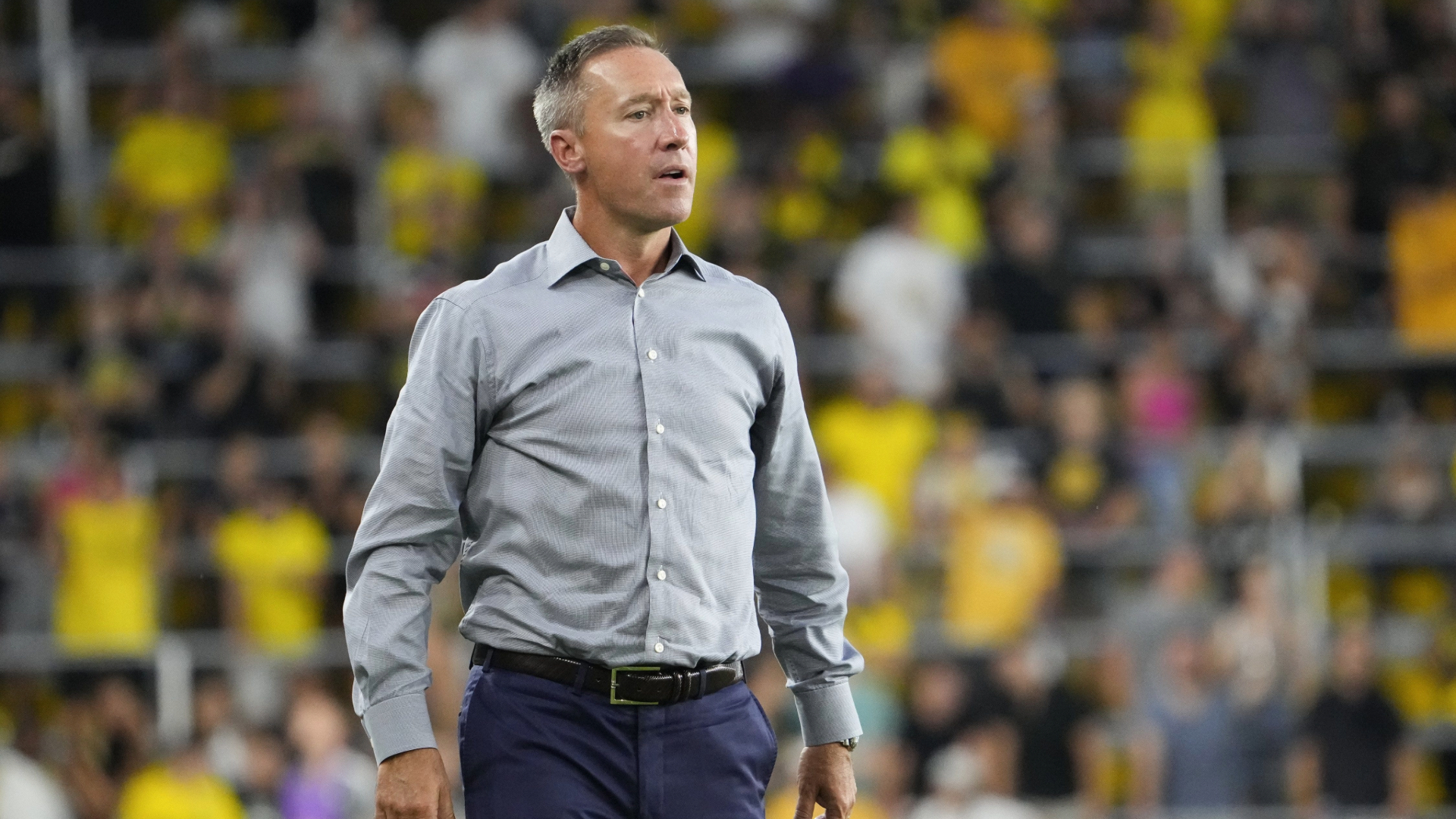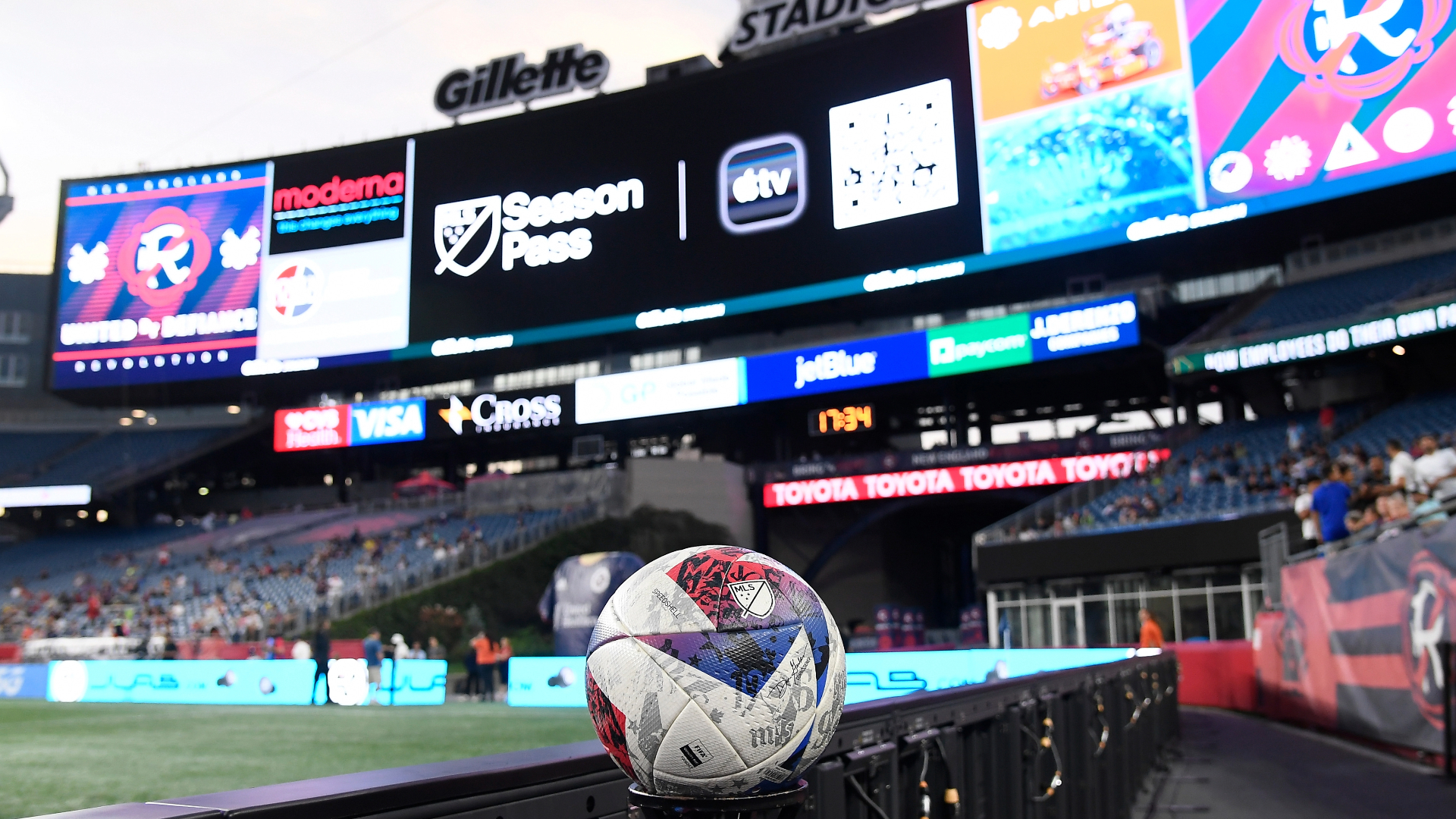Bruce Arena is swinging for the fences, to borrow a phrase from a sport which is more prominent in New England than soccer.
The newly appointed New England Revolution head coach and sporting director has set the loftiest of goals for his tenure with the team. Arena told reporters Thursday at Gillette Stadium he not only wants to transform the Revolution into an MLS Cup winner, he also wants to raise the team’s profile in the local sporting consciousness to levels most lack the courage to imagine publicly.
Bruce Arena Hopes To Elevate #NERevs To Boston's Championship Level: https://t.co/kGCcN4jne6 pic.twitter.com/2vRj4tfL5Z
— WBZ Boston Sports (@wbzsports) May 16, 2019
“In all the positions I’ve had in the past in the league I’ve always wanted to be in an organization I felt wanted to win,” Arena said at his introductory press conference. “In my conversations with the (Revolution owners) the Krafts and (Revolution president) Brian (Bilello), they’re really confident we can move the team forward. There’s aspirations to build a stadium one day, and we’ll have the resources to make the team better.”
“I said in my statement when I was (hired) this is such a great sports town. We want to try to elevate the Revolution on par with these other championship teams in Boston. It’s a big challenge. I feel great about being in a great city with great ownership and great potential. …”
Wow. Talk about dreaming big.
The New England Patriots and Boston Red Sox are reigning champions in their respective sports and dominate this sports market. The Boston Bruins and Boston Celtics doggedly pursue their own championship aspirations and suck up most of the leftover oxygen in the room tens of millions of Boston sports fans inhabit.
The Revolution have toiled in relative obscurity since 1996 — due in a small part to its inability to win MLS Cup, despite reaching the final five times since 2002; in larger part because it plays home games at Gillette Stadium, which is 30 miles from Boston’s urban core and the demographic MLS now covets; and in biggest part being pro soccer’s low standing in the regional and national sporting landscape compared to the other “big four” North American sports.
Arena, 67, and Robert Kraft, 77, probably won’t live live to see their dream turn to reality, as the Revolution project the new coach outlined will take decades to complete. Nevertheless, the combination of immensely successful figures in U.S. soccer and American sports has produced a dramatic vision that should inspire fans everywhere.
“That’s why I’m here,” Arena answered when asked how soon he expects to meet his massive challenge. “It’s not going to happen in the next two weeks, but I’m confident in the next couple of years we can make very good progress and make this team much more competitive than it is today. Everything (resources) will be here to be successful. … ”
However, the Revolution’s long march into the future only will start by turning a losing team into a winner, and Arena remains ever-confident in his own abilities, despite the fact he oversaw the last part of the U.S. men’s national team’s infamous failure to qualify for the 2018 FIFA World Cup.
“I’ve coached in MLS 13 years, and I’ve been to seven MLS Cup finals and won five of them,” he asserted. “So I have a feel for that (building a winning culture) and I think I can bring it to this organization as well.”
And if Arena ever needs extra impetus to chase his Revolution dream with more intensity, he only needs to call his sister’s house to remind him what’s at stake.
“It’s just a great sports town, and I say that as someone who has a brother in law that’s from Somerville, Mass.,” Arena, a Brooklyn native, said. “And we’ve been arguing Yankees-Red Sox for the last 25 years. … I love the city. … I’m confident (the Krafts) are driven to build a stadium, which will make this sport outstanding in the city. I think the city is a potential home run for the sport of soccer.”
